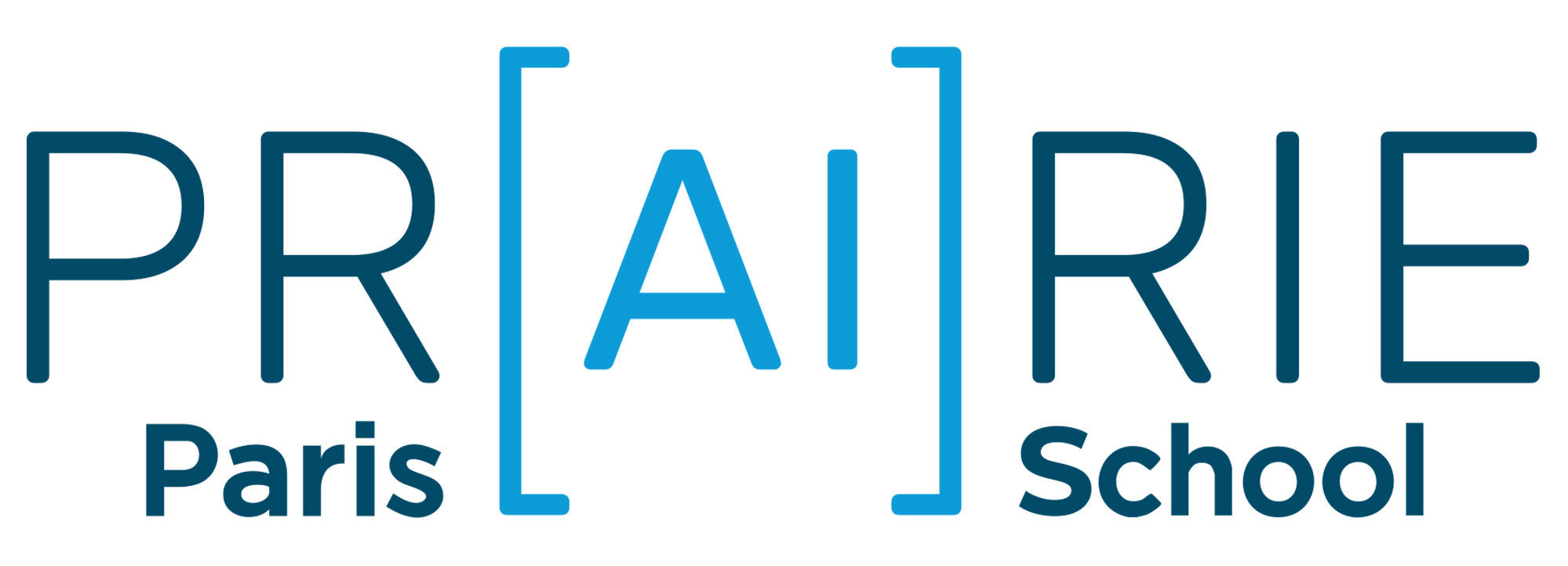Population benefit and practical implementation of individualized treatment strategies
Speaker: Raphaël Porcher
Bio
Associate Professor of Biostatistics at Université de Paris, co-director of the Centre Virchow-Villermé Paris Berlin, and member of the METHODS team of CRESS-UMR1153. Member of the Comité d’Evaluation Ethique / Institutional Review Board of Inserm. Senior Associate Editor for Methods at Clinical Orthopaedics and Related Research, and Associate Editor for Statistics, Artificial Intelligence and Modeling Outcomes at the Journal of Hepatology.
Abstract
In the last years, numerous methods have been developed to estimate individualized treatment effects, and associated individualized treatment rules (ITRs), allowing to identify who benefits more from one treatment or another, which is at the core of personalized or precision medicine. Approaches range from the use of traditional risk prediction models to estimate individualized treatment effects in a counterfactual framework to sophisticated machine learning approaches targeting the individualized treatment effects or directly learning the ITR. Moreover, interest (and methods) are switching to so-called dynamic treatment regimes (DTRs), where the issue is not only who benefits but when (e.g. starting or stopping a treatment).
In this talk, we will present the counterfactual framework and points to consider when developing ITRs. We will then discuss issues on how to estimate the population benefit of an ITR, and develop more on how to account for the implementation or adoption of ITRs in practice, using practical examples. Last, we will briefly discuss DTRs.
